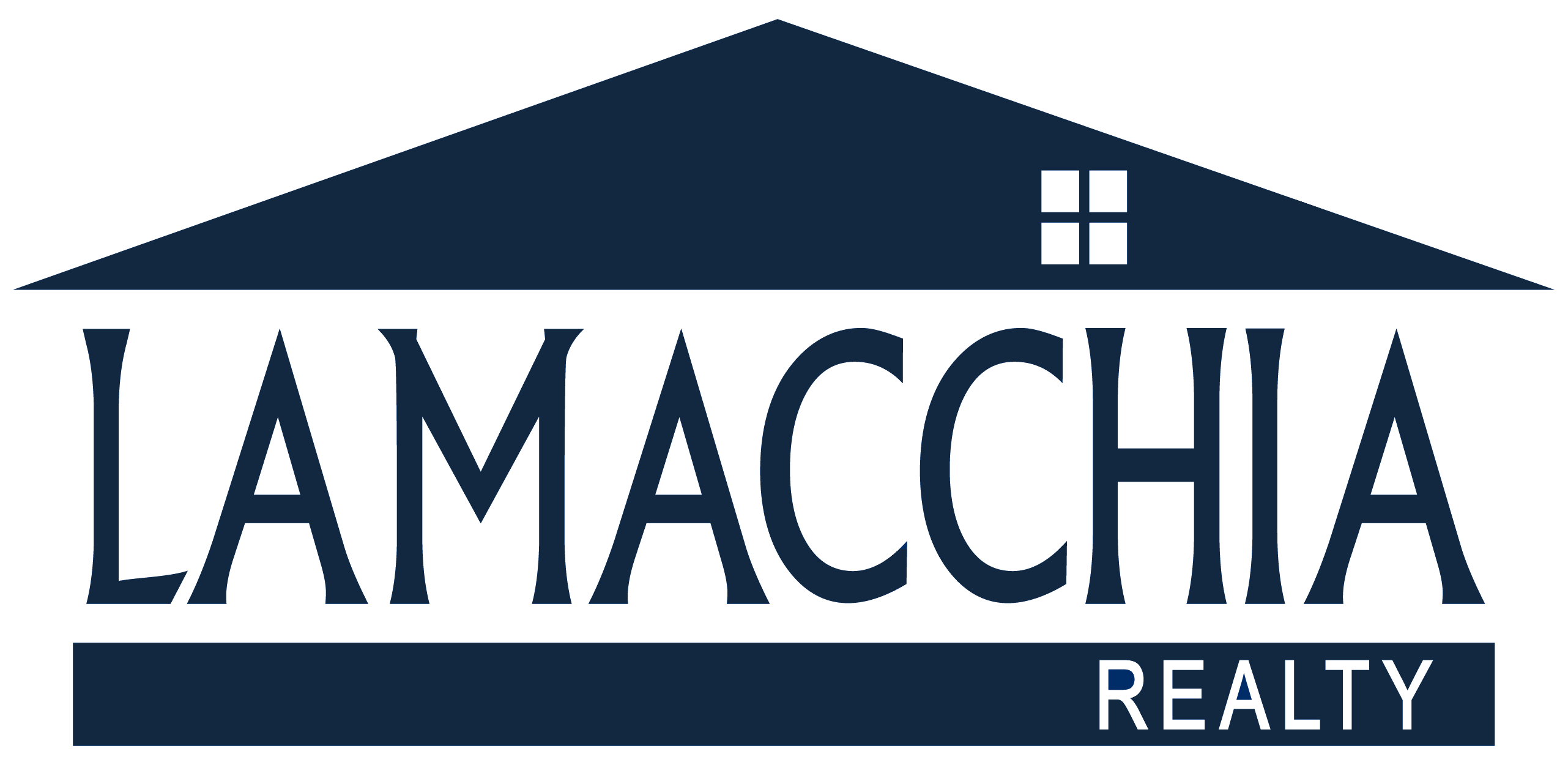 Upgrade or first time home, there are lots of things you know that you have to do in order to buy successfully – like hiring an expert local Realtor, getting pre-approved, learning about what you want and what you can afford – but there are also a few things you need to wait to do until you close.
Upgrade or first time home, there are lots of things you know that you have to do in order to buy successfully – like hiring an expert local Realtor, getting pre-approved, learning about what you want and what you can afford – but there are also a few things you need to wait to do until you close.
Mortgage lenders need to know you’re a reliable bet and that they’re going to get their money back in the form of timely monthly payments. They make this determination based on your financial activity in the years prior to the loan pre-approval process so making life-altering financial changes are a big red flag for the banks.
Before Buying a Home, Do Not:
Switch Jobs
If your job changes and your employment isn’t stable, then how are you going to pay your mortgage? That’s the question loan companies ask themselves. Stay put until closing, even if the job you want has a higher salary. If you do accept an offer, don’t announce it to anyone until you close- hopefully, the new position will wait for you!
Miss ANY Payments
Timely payments positively affect your credit, where late or missed payments are red flags with fireworks bursting out them as far as the banks go. This activity will adversely affect your credit by bringing your score down. Good credit is a sign that banks look for to show you’re going to pay them on time and that you can handle debt responsibly.
Open Up Credit Cards or Allow Inquiries to Your Credit
Credit inquiries tell banks you’re interested in bringing in more debt. Don’t do it! Keep your financial profile as boring as possible until the loan closes!
Make Major Purchases, Especially on Credit, Especially CARS
Any major purchase will affect the amount of debt you have, your credit score, and your level of financial consistency. Do not buy a new car or a leather sectional for the house you just put an offer on. Just wait! Stay as under the radar as possible.
Change Banks
Stay consistent and reliable. Doing anything that seems shifty will impede your ability to get a loan.
Consolidate Debt
Consolidating debt to one lower monthly payment may seem financially savvy, but alas, think again. Though you may be more liquid during the month, those new consolidated loans can sometimes come with higher fees and interest rates than the original loans.
Make Large Cash Deposits
You’d think that more money is a good thing, but as the old adage goes, more money more problems. Banks want to see where your large deposits are coming from and if you all of a sudden and out of the blue start making large deposits into your account, it’ll look questionable. Banks want the deposit money that you’re going to use towards closing to be in your account for at least two months- a time frame called ‘seasoning.’
Co-Sign on Any Loans
Co-signing on someone’s loan is really sweet of you, but it tells your prospective mortgage lender that you’re not only going to be responsible for your monthly payments but your buddy’s as well. Carrying the debt of someone else is absolutely the last thing you should opt into before making the largest purchase of your own life!
Start a New Business
If you are planning to open a new business and become a 1099, buy that house before you do it or you will be waiting at least 2 years to build up that 1099 employment history to satisfy the required longevity for mortgage lenders.
You may not be ready to buy yet, but if homebuying is on the horizon, definitely consider how these major life changes will affect your ability to obtain a mortgage in the following two years. As always, consult your Realtor prior to making any financial changes or taking on any debt until the loan closes so you don’t make it harder or impossible to obtain the mortgage you need for the house you want!
